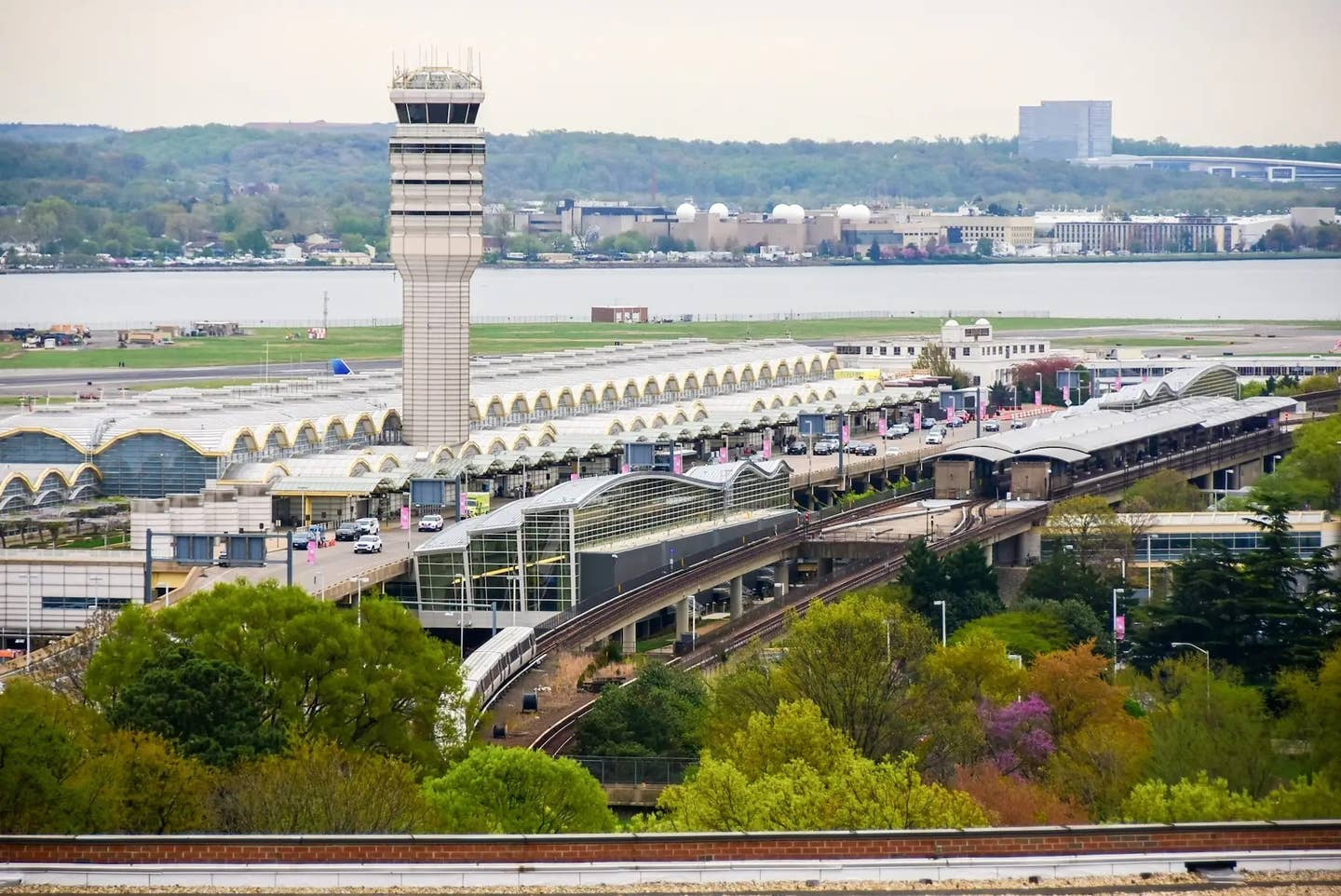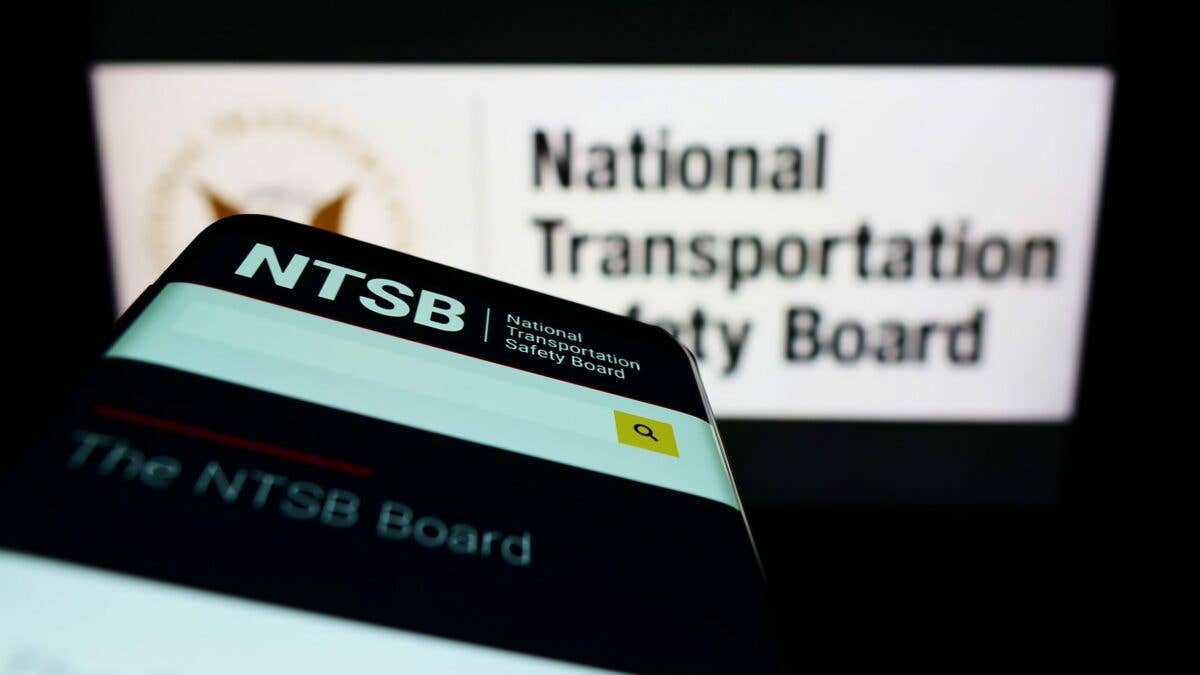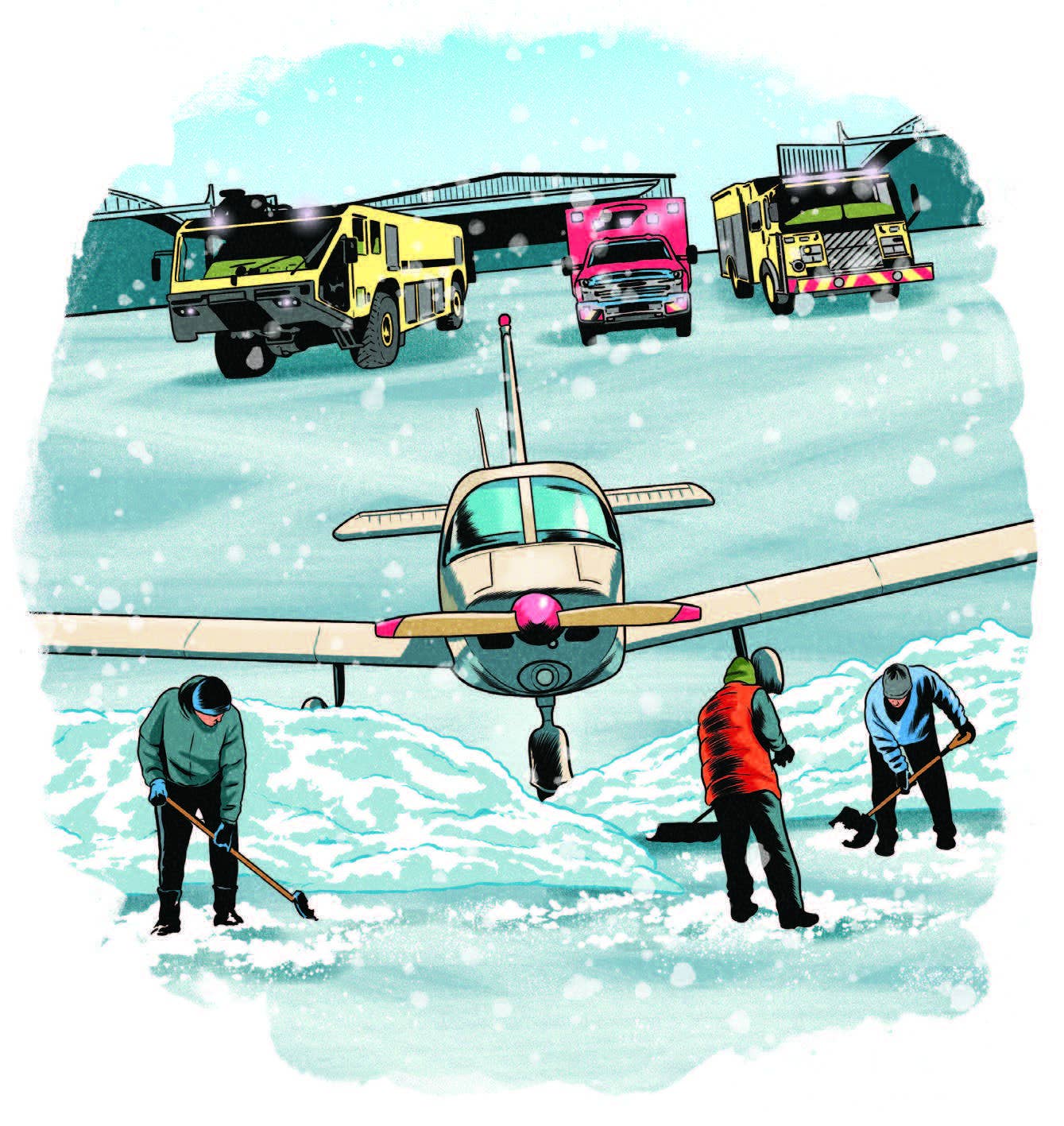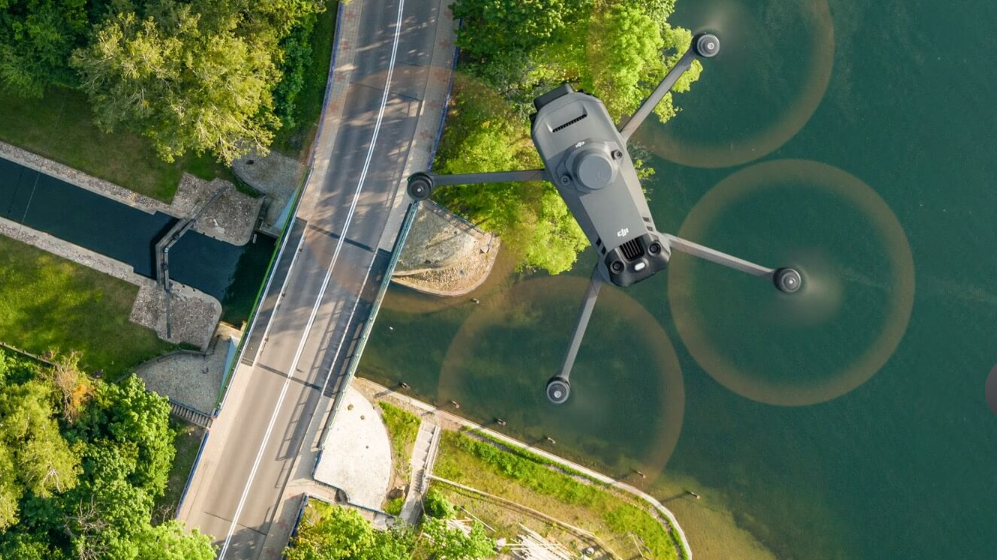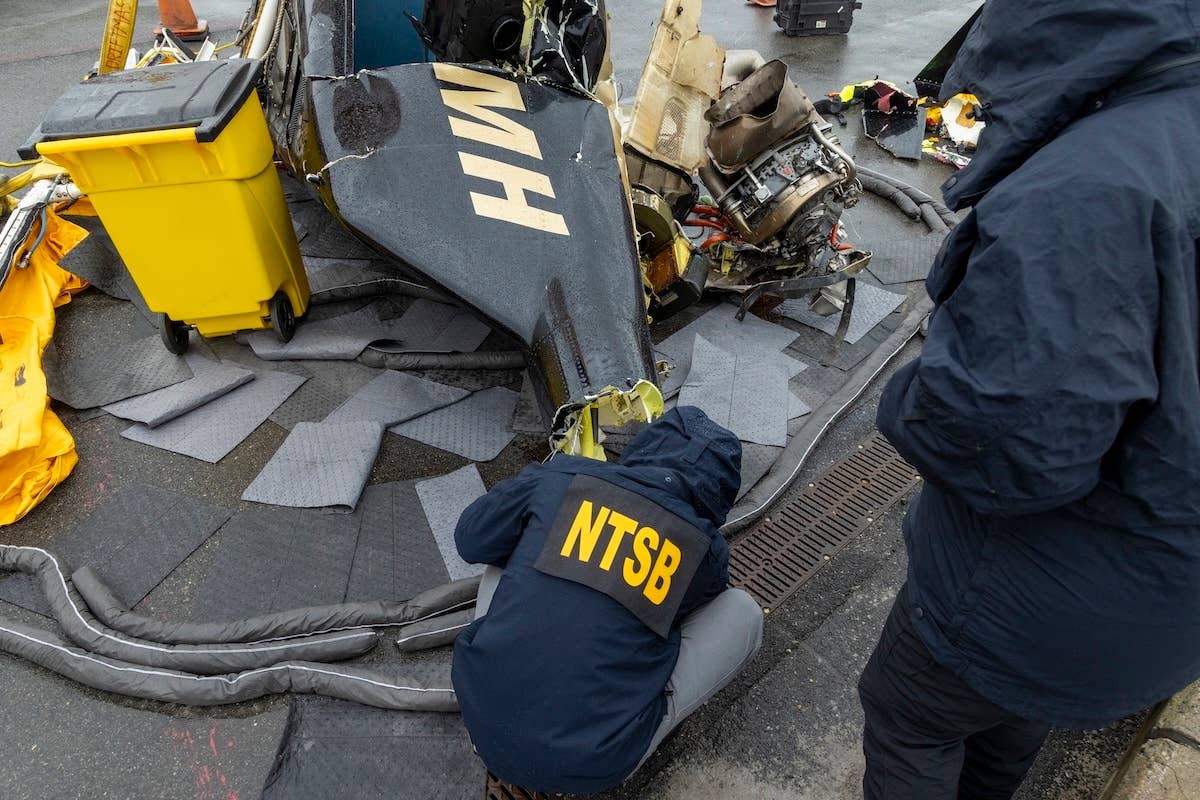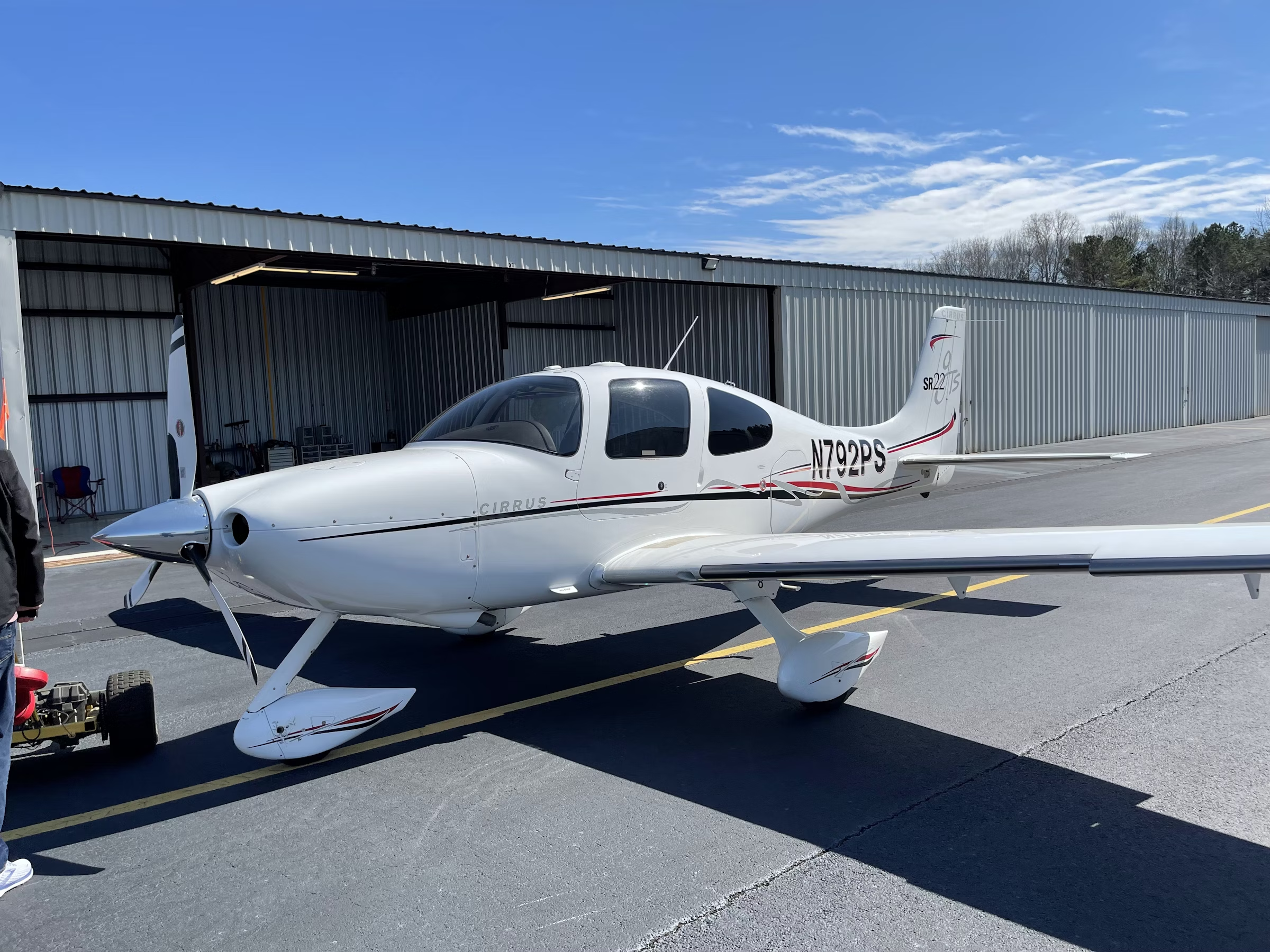Hyundai Air Taxi Arm Announces FBO, Operator Partnerships
Supernal will work with Clay Lacy Aviation and Blade Air Mobility to prepare a network for its air taxi, which it plans to launch near the end of the decade.

Supernal unveiled the design of its flagship SA-2 air taxi at the Consumer Electronics Show in Las Vegas in January. [Courtesy: Supernal]
Supernal, the electric vertical takeoff and landing (eVTOL) air taxi arm of automaker Hyundai, on Tuesday announced a pair of partnerships intended to prepare the ecosystem around its flagship SA-2, which it hopes to begin delivering to operators in 2028.
At the National Business Aviation Association-Business Aviation Convention & Exhibition (NBAA-BACE) in Las Vegas, Supernal said it will work with FBO network Clay Lacy Aviation to prepare the latter’s sites for eVTOL air taxis. Separately, the manufacturer signed a deal with Blade Urban Air Mobility with an eye toward refining and creating hypothetical routes for its flagship design.
Supernal’s SA-2, unveiled in January, is designed for a pilot to fly as many as four passengers in urban areas such as Miami or Los Angeles, the firm’s planned launch markets. Taking off vertically like a helicopter but cruising on fixed wings, it will have an initial range of about 60 sm (52 nm) and cruise at 120 mph (104 knots) at around 1,500 feet agl. The aircraft’s zero-emission and low-noise operation is another key selling point.
At NBAA-BACE from Tuesday to Thursday, Supernal will take attendees into a virtual reality space at Henderson Executive Airport (KHND) to give them an idea of the flying experience both for pilots and passengers.
The manufacturer at the event also announced a collaboration with Clay Lacy Aviation, its first official FBO partner, that will prepare the firm’s locations for eVTOL aircraft.
The strategy of working with FBOs to electrify their terminals is not uncommon in the nascent eVTOL space. Clay Lacy—the lone FBO accredited by the NBAA as a Sustainable Flight Department for its use of environmentally friendly infrastructure—is also installing infrastructure for eVTOL manufacturers Joby Aviation and Overair, for example.
Joby, Archer Aviation, Beta Technologies, and Lilium have similar arrangements with Atlantic Aviation. Archer and Beta are further working with another FBO network, Signature Aviation.
“Availability of infrastructure will be critical to scaling the AAM industry, and this partnership is the latest step in ensuring the ecosystem is thoughtfully designed for future commercial eVTOL operators,” said Diana Cooper, chief partnerships and policy officer for Supernal.
The manufacturer’s five-year agreement with Clay Lacy Aviation will focus on how to integrate eVTOL into existing airport operations, namely by devising standards and procedures for ground handling, battery management, and maintenance, repair, and overhaul (MRO). Supernal will further assist Clay Lacy Aviation with the installation of power and charging systems.
The partners will initially focus on the FBO network’s sites at Orange County Airport (KSNA) and Van Nuys Airport (KVNY) in Southern California, where Supernal plans to launch near the end of the decade. Later on, they will take what they have learned from those locations to prepare Clay Lacy Aviation’s broader network.
“Supernal and Clay Lacy share strong commitments to sustainable aviation, safe and efficient operations and a superior passenger experience that benefits the communities we serve,” said Scott Cutshall, president of real estate and sustainability for Clay Lacy Aviation.
Cutshall and Cooper on Wednesday will discuss how FBOs more broadly can prepare for electric air taxis on a NBAA-BACE panel that also includes representatives from Joby, Beta, and the North Carolina Department of Transportation.
Separately, Supernal announced a three-year partnership with Blade, an operator of primarily helicopters that offers private, on-demand flights in New York City and a few other markets.
The partners will create hypothetical New York City routes to plan for air taxi, organ transplant transport, and other future eVTOL services. They will also look for “advantageous commercial arrangements in geographies of mutual interest”—such as a network in Southern California that combines Supernal’s eVTOL and Blade’s air charter broker platform.
“Our goal is to make aviation more accessible by preparing to adopt eVTOL aircraft,” said Melissa Tomkiel, president and general counsel of Blade. “In combining Blade’s expertise with Supernal’s forward-thinking innovations, this partnership is poised to accelerate AAM development and enable quiet, safe, and emission-free transportation.”
Supernal will help guide Blade’s plans to launch an AAM offering with technical and operational support. Blade in return will provide feedback on Supernal’s aircraft design, safety, passenger comfort, and potential to operate across multiple markets.
“It is critical we collaborate with experienced commercial partners like Blade to ensure our eVTOL's cabin features align with passenger expectations for comfort, safety and efficiency in the next generation of inter-city mobility,” said David Rottblatt, senior director of strategy and commercialization at Supernal.
A Supernal-Blade network could fly passengers and cargo between Blade terminals at heliports and airports. At NBAA-BACE, for example, Blade is offering private helicopter flights between Henderson Executive Airport and the Las Vegas Convention Center, providing a glimpse of what a Supernal eVTOL route may look like.
Like this story? We think you'll also like the Future of FLYING newsletter sent every Thursday afternoon. Sign up now.

Sign-up for newsletters & special offers!
Get the latest FLYING stories & special offers delivered directly to your inbox

